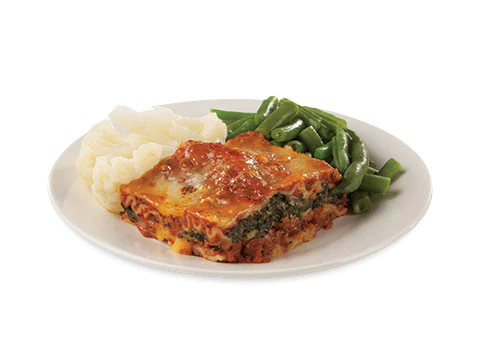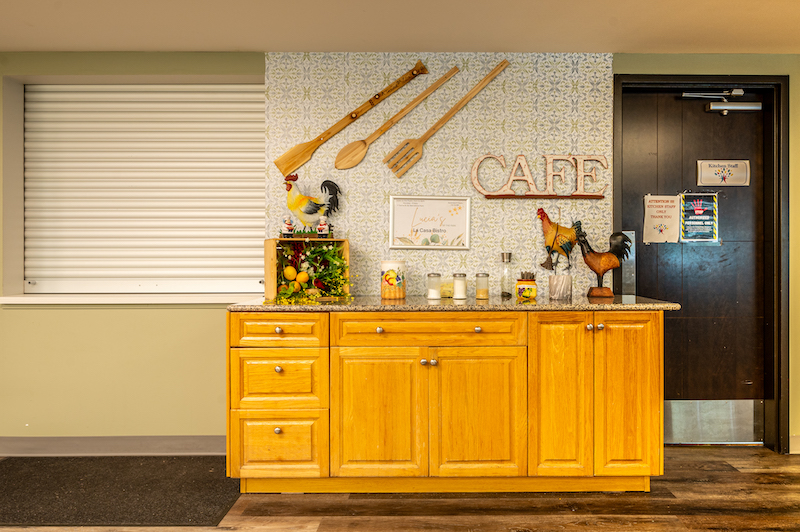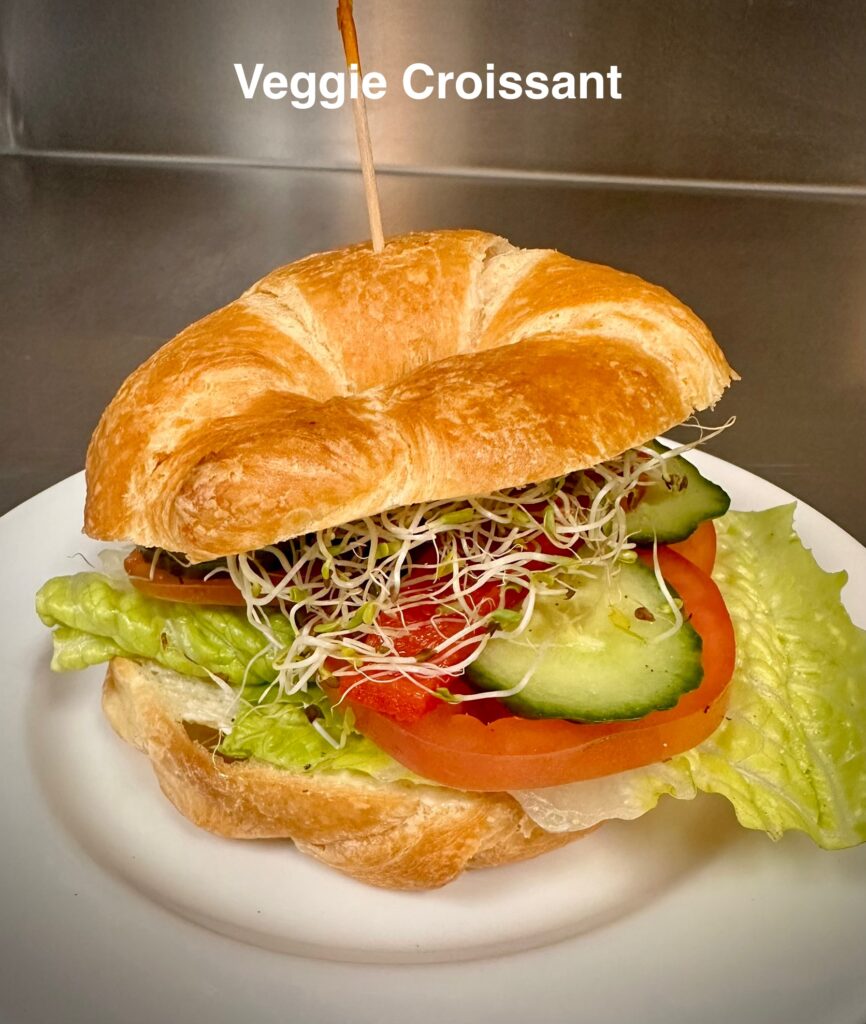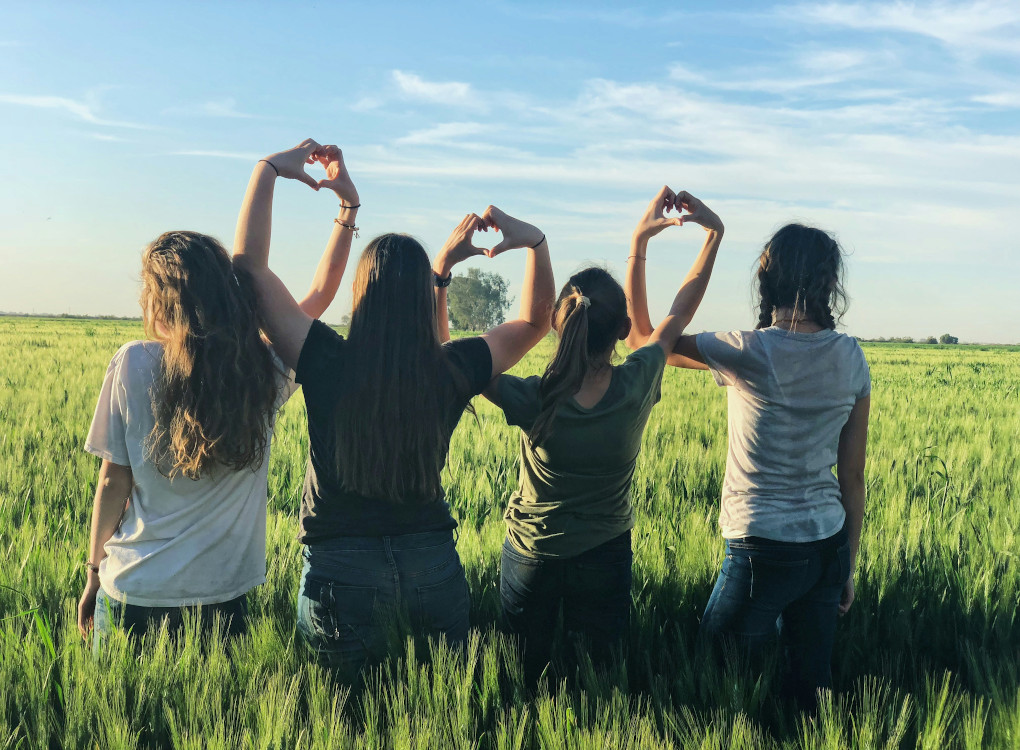Blog
Friends with Benefits
I am sure many of you will know what this code is for.
I was talking with a friend the other day, and he mentioned he was talking with an elderly couple. They were both in their late seventies. He asked her what the secret was to their loving relationship. She promptly replied, “It’s friends with benefits. I can’t drive at night, and he still can.”
Laugh! Thought I’d die.
After I calmed down, I reflected on this coded phrase’s concept: Friends with benefits. What are some of the more private benefits of friendships, particularly as we age? How do we perceive these benefits as they change over time?
The younger readers may not even get the joke, while the older adults will laugh and nod knowingly. I did.
Mutual support comes to mind as a broad description. I can pick another up when they are down, confident my friend would do the same for me. No judgement. No loss of face. Just a hand-up when needed.
A sober second opinion. Historically, this referenced the Canadian Senate, but it plays a vital role in friendship. It works best when trust and respect are high.
Over the years, I’ve had the opportunity to take advantage of my training in suicide prevention in my social network of friends. Each time, before checking in with my friend, who I thought might be struggling, I considered that getting involved this way might end my friendship. Every time, I decided that my friendship was worth the risk. I cared for each of these individuals. I was lucky that every time, the friendship stayed in place.
I had an acquaintance who had not been in touch for a while. It wasn’t totally out of character, yet concerning. I called this person and asked how they were doing. I received a positive response. I asked, trying to be more specific, how would you rate yourself on a scale of 1 to 10, with 1 being a wish to die and 10 being deliriously happy?
Two.
I just about choked; I was so shocked. Fortunately, we stayed talking, and we worked out a plan together. Now, a few years later, we are still good friends.
Please give this a bit of a think. How has that expression changed for you over the years when you think of friends with benefits? Are there benefits you would more consciously add now? Are there some benefits you wish for but don’t receive in some of your friendships?
I’m curious about your thoughts. Please share your bit of a think in the comment section below. It will come to me for approval before posting.
Photo by Melissa Askew on Unsplash
If you enjoyed The Blog, please share it with others. Thanks.
And my thanks to St. Albert Seniors Association for making this Blog possible.

Volunteer Blogger
glenn.walmsley@icloud.com











For the last year my husband has been recovering from cancer treatment, two stem cell transplants only months apart and daily treatment at a downtown hospital daily for three weeks. I was his caregiver and I didn’t allow myself to think of my own fatigue when I saw what he was going through. Friends would call, a few visited outside and some would ask “is there anything I can do?” because they didn’t know what else to say. But others didn’t ask, they just did. We would come home to containers of soup on the door step, twice there were plants and the most surprising – 4 containers of Ice cream! To offer to drive my husband to the hospital and stay up to 4 hours on some treatment days was a friend whose friendship we will always cherish. One of our friends continues to drop off soup twice a month. I suppose I could say we benefited from their acts of kindness but I’d rather think of their giving as a mutual gift of giving.
When a friend is struggling, I tend to just do something rather than ask – it’s a good feeling.